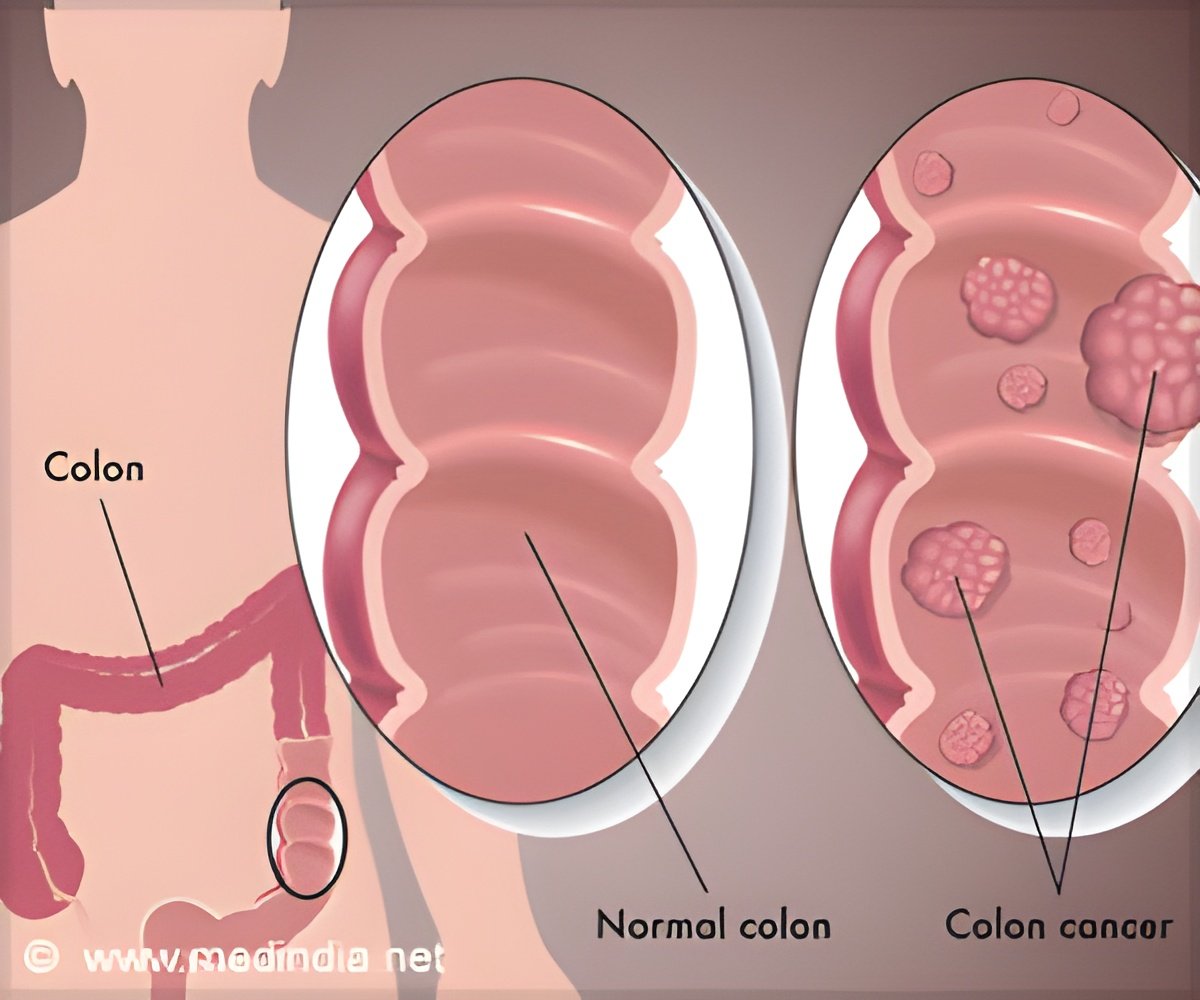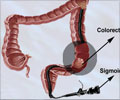Ibuprofen's acts to provide alternative spliced RAC1B, which may support its use in personalized approaches to colorectal cancer therapy.

‘New study shed light on the biochemical mechanisms behind ibuprofen's action on alternative spliced RAC1B and may support its use in personalized approaches to colorectal cancer.’
Read More..




Here the authors describe the mechanism by which ibuprofen prevents RAC1B alternative splicing in a BRAF mutant CRC cell line: it leads to decreased translocation of SRPK1 and SRSF1 to the nucleus and is regulated by a WNK1/GSK3β/SRPK1 protein kinase complex.Read More..
Surprisingly, they demonstrate that ibuprofen does not inhibit the activity of any of the involved kinases but rather promotes disassembly of this regulatory complex, exposing GSK3β serine 9 to inhibitory phosphorylation, namely by AKT, which results in nuclear exclusion of SRPK1 and SRSF1 hypophosphorylation.
Dr. Peter Jordan from The National Health Institute Dr. Ricardo Jorge as well as The University of Lisbon said, "Cancer is the second leading cause of death globally and one major risk factor for tumor development is chronic inflammation."
A long term use of nonsteroidal anti-inflammatory drugs, like ibuprofen and aspirin, which are among the most commonly prescribed medications worldwide, was shown to provide chemoprevention against various types of cancer.
Ibuprofen, like most NSAIDs, inhibits both COX isoforms so that side-effects such as intestinal bleeding or cardiovascular disease can occur, questioning the long-term use of NSAIDs for cancer chemoprevention.
Advertisement
In the case of ibuprofen, numerous studies have shown that its cancer chemopreventive properties are much more complex and involve multiple COX-independent effects.
Advertisement
One other report on prostate cancer cells receiving combined treatment of ibuprofen and epigallocatechin-3-gallate, reported changes in alternative splicing, in particular promoting the shorter and proapoptotic BCL-X (S) or MCL-1(S) variants."
Source-Eurekalert












